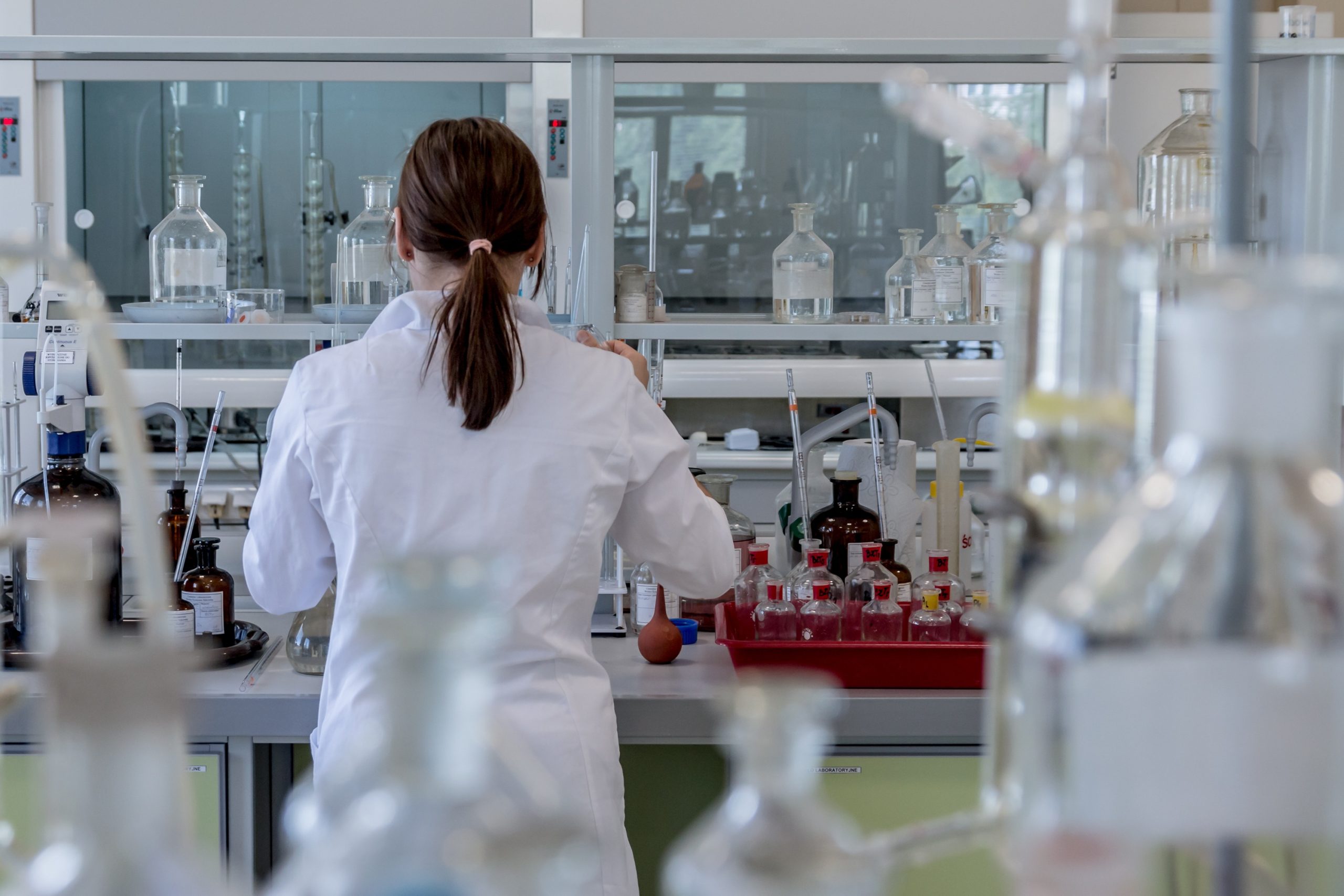
Sponsored Content by Byonoy Apr 19 2024 Reviewed by Maria Osipova
The ELISA (enzyme-linked immunosorbent assay) is a valuable and adaptable tool for researchers in global biochemistry, molecular biology, and diagnostics. It is a simple and efficient assay for identifying antigens in biological specimens. The choice of ELISA is dependent on the specific research requirements. They all share four fundamental steps: coating, blocking, detection, and readout.
Image Credit: Byonoy
This article focuses on the last stage of the ELISA workflow, specifically the readout using the Absorbance 96 App and Absorbance 96 ELISA reader, the world's most compact plate reader.
After finishing all the steps and preparing the ELISA plate, users insert the plate into the Absorbance 96 ELISA reader and initiate the Absorbance 96 App by linking it with a PC, tablet, or laptop.
The Absorbance 96 App is user-friendly and free to download. From setting up to receiving the results, the Absorbance 96 App assists throughout the procedure. The following details how the App allows users to easily measure ELISA readouts. Step 1: Intuitively define workflow parameters for ELISA assay
The software lets users choose the required reference and sample wavelengths for signal detection. The ability to choose the “reference wavelength” for sequential signal measurement provides more flexibility and insights. Step 2: Easily select readout and evaluation methods with in-built features
The Absorbance 96 App allows users to choose a preferred readout technique when running an endpoint or kinetic assay. Ideal for kinetic studies is the “rapid kinetic measurement”, where readouts are recorded at approximately three-second intervals.
The evaluation section offers choices in different methods for readout and data analysis. A built-in quantifiable evaluation method offers advantageous fitting options, such as point-to-point, linear regression, 4PL regression, or 5PL regression, for achieving standard curves and data analyses.
The need to deal with lengthy calculations or complicated Excel sheets is eliminated. Users can also input curve parameters manually with one click from a previous assay’s standard curve.
Figure 1. Assigning workflow parameters and evaluation methods for the ELISA assay is easy with the Absorbance 96 App. Image Credit: Byonoy Step 3: Playfully design ELISA plate layouts
The click-and-drag interface helps users design plate layouts, choosing samples, controls, blanks, and standards as their favorite color labels. Duplication patterns can be set, assigning numerous copies for samples and standards. When conducting competitive ELISA, a specified well can be designated as a B0 control, and it is immediately calculated into the readout and data analysis.
Figure 2. You control your plate layout and define samples, controls, and blanks as you like in a user-friendly way. Image Credit: Byonoy Step 4: Effortlessly create and save ELISA protocols
The configured workflow factors for ELISA experiments can be saved as protocols. These preset protocols can be easily loaded for repeating future assays, removing the requirement to redefine settings each time. Step 5: Get instant readout and results with the Absorbance 96 App
The Absorbance 96 App takes users through the process of the ELISA readout and results. Users can simply insert the ELISA plate to start the measurement, and the app does everything else. The results are measured and presented within seconds of the run completion. Values like blank, NSB (non-specific binding), or S0 are automatically subtracted providing the corrected data in the results section.
Figure 3. Get readout and data analysis with detailed insights immediately. Image Credit: Byonoy
Figure 4. Assay validation functionality enables you to check data reliability automatically. Image Credit: Byonoy
The results are provided in a variety of formats. The plate view format provides a summary of the optical density (OD) values for every well on the EILSA plate. The graph view visually displays the data determined by a preselected evaluation technique.
The quantitative evaluation generates a standard curve using a chosen fitting technique. With this standard curve, the app measures and shows the concentration of every specimen on the ELISA plate. The results can be exported as a PDF or CSV file for record-keeping or further testing. About Byonoy
The Byonoy GmbH was founded in 2015 as a spin-off from the University of Kiel and is situated in Hamburg. Our core competence is to develop innovative microplate readers based on photometric measurements for laboratory use.
Our aim is to facilitate the research and development process, to give researchers new opportunities, and to make the advantages of advanced biotechnological methods accessible to a broad range of laboratories.
For the realization of a successful innovation process our network is a crucial factor. Our partners help us to realize our ideas and we are glad to share our expertise with them.
Sponsored Content Policy: News-Medical.net publishes articles and related content that may be derived from sources where we have existing commercial relationships, provided such content adds value to the core editorial ethos of News-Medical.Net which is to educate and inform site visitors interested in medical research, science, medical devices and treatments.

